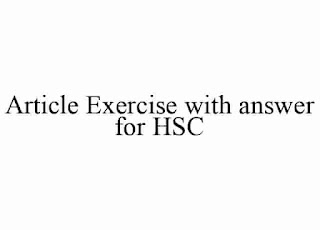Exercise while fasting
Exercising while fasting can have benefits, such as improved insulin sensitivity and increased fat burning. However, it may also lead to decreased energy and performance during the workout. It is important to listen to your body and make sure to stay hydrated. If you are new to fasting or have any health concerns, it is best to consult with a healthcare professional before starting.
Should you exercise while fasting?
Fasting is a personal decision that depends on your individual goals, health status, and personal preferences.
Exercising while fasting can have potential benefits, such as improved insulin sensitivity and increased fat burning. However, it can also have some potential side effects, such as decreased energy and performance, low blood sugar, dehydration, increased hunger, muscle breakdown, and increased injury risk.
If you are considering exercising while fasting, it is important to:
Listen to your body: If you feel weak or lightheaded during a fasted workout, it may be best to stop and eat something.
Stay hydrated: Make sure to drink plenty of water before, during, and after exercise to prevent dehydration.
Consult with a healthcare professional: If you have any health concerns or if you are new to fasting, it is best to consult with a healthcare professional before starting.
Gradually adjust: If you are new to fasting or new to working out, it is better to start with shorter fasts and less intense workouts and gradually increase over time.
It is also worth noting that there are different types of fasting and some forms are more restrictive than others. It is better to consult with a healthcare professional or a dietitian before starting a fasting program.
Benefit of exercise on fasting
Exercising while fasting can have several potential benefits, including:
Improved insulin sensitivity: Fasting and exercise can both independently improve insulin sensitivity, which can help to lower blood sugar levels and reduce the risk of type 2 diabetes.
Increased fat burning: When you exercise while fasting, your body may burn more fat for fuel as it has less access to glucose.
Enhanced weight loss: Combining fasting with exercise may help to promote weight loss by increasing calorie burn and reducing overall calorie intake.
Increased endurance: Regularly exercising in a fasted state can help to increase the body's ability to utilize fat as fuel and improve endurance during endurance training.
Better focus: Some people find that they have improved mental clarity and focus when they exercise in a fasted state, which may be due to increased levels of certain brain chemicals such as norepinephrine.
Side effects of exercise on fasting
Exercising while fasting can have some potential side effects, including:
Decreased energy and performance: Without adequate fuel from food, your body may not have enough energy to perform at its best during a workout.
Low blood sugar: Fasting can cause blood sugar levels to drop, which can lead to feelings of lightheadedness, dizziness, and fatigue during exercise.
Dehydration: Fasting can increase the risk of dehydration, so it's important to drink plenty of water before, during, and after exercise.
Increased hunger: Exercise can increase appetite, which can make it harder to stick to a fast.
Muscle breakdown: Fasting combined with exercise may lead to muscle breakdown, especially in people who do not consume enough protein.
Increased injury risk: Without proper fuel, the body may not be able to perform at its best, which can increase the risk of injury.
It is important to consult with a healthcare professional before starting any new exercise routine, particularly if you have any health concerns or if you are new to fasting.




